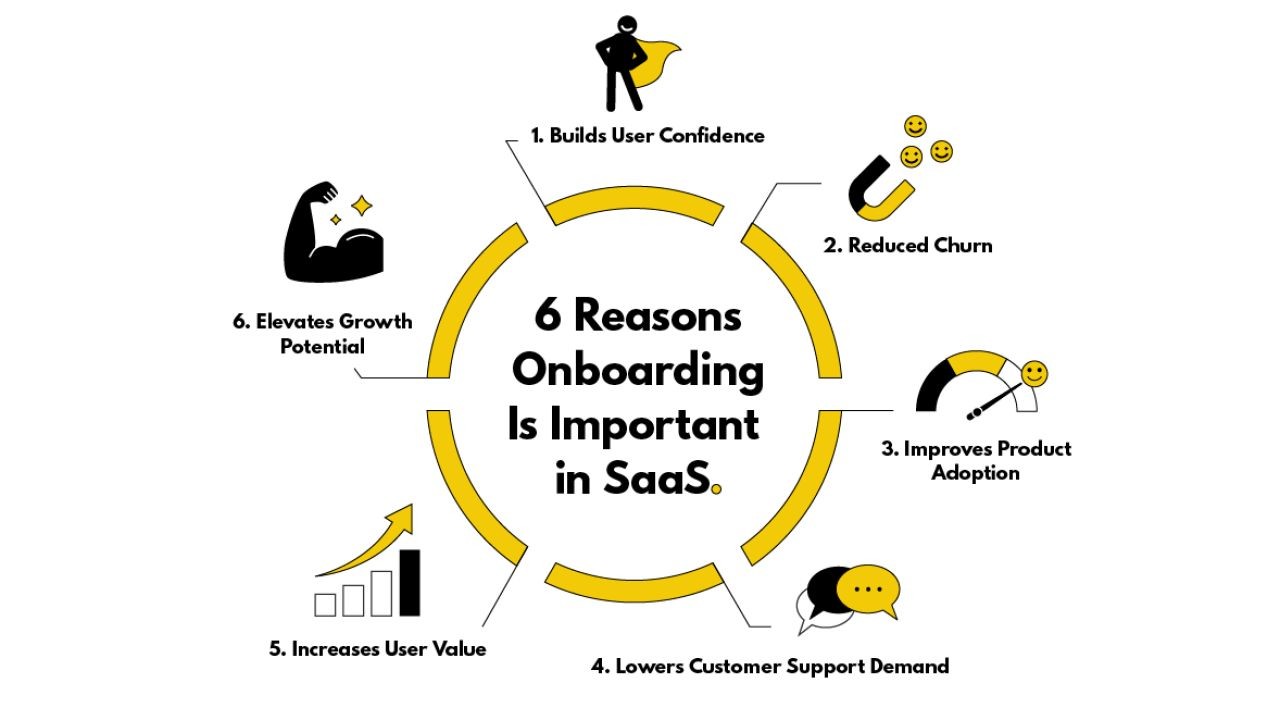In recent years, the disruptive potential of blockchain technology has captured the attention of businesses across the globe, with Australia being no exception. As we approach 2030, blockchain is poised to fundamentally transform various business models within Australia, offering new avenues for efficiency, transparency, and innovation. This article delves into the various ways blockchain is expected to revolutionize business practices, backed by data-driven insights and expert opinions, with a focus on Australia's unique economic landscape.
The Current State of Blockchain in Australia
Blockchain technology is already making significant inroads in Australia, particularly in sectors such as finance, supply chain management, and healthcare. According to a report by the Australian Securities and Investments Commission (ASIC), over 60% of Australian financial institutions are exploring blockchain solutions to enhance security and reduce transaction costs. Furthermore, the Australian government has shown a keen interest in blockchain, investing $700,000 in the National Blockchain Roadmap to explore its potential applications across various industries.
Real-World Application: The Australian Stock Exchange (ASX)
One of the most notable examples of blockchain adoption in Australia is the Australian Stock Exchange's (ASX) decision to replace its existing CHESS system with a blockchain-based system. This move aims to enhance the efficiency of trade settlements and provide greater transparency and security. The ASX's blockchain initiative is expected to save the industry millions annually by streamlining processes and reducing operational risks.
Transformative Potential of Blockchain
Blockchain's impact extends far beyond the financial sector. By 2030, it is anticipated that blockchain will revolutionize business models across several key industries in Australia, including agriculture, energy, and healthcare.
- Agriculture: Blockchain can enhance traceability and transparency in the supply chain, ensuring that consumers have access to information about the origin and quality of their food. This is particularly relevant in Australia, where the agricultural sector contributes significantly to the economy.
- Energy: Blockchain technology can enable decentralized energy trading, allowing consumers to buy and sell renewable energy directly with one another. This can help Australia meet its renewable energy targets by 2030, as outlined in its National Hydrogen Strategy.
- Healthcare: Blockchain can improve patient data management by providing secure and immutable records. This can streamline operations and enhance data integrity, ultimately improving patient care.
Case Study: Power Ledger
Power Ledger, an Australian tech company, has been at the forefront of utilizing blockchain for energy trading. By enabling peer-to-peer energy trading, Power Ledger empowers consumers to trade excess solar energy with their neighbors, thus fostering a more sustainable and efficient energy market. Their platform not only reduces energy costs but also supports Australia's push towards renewable energy adoption.
Ethical and Regulatory Considerations
While the benefits of blockchain are clear, there are ethical and regulatory considerations that businesses must address. The Australian Competition & Consumer Commission (ACCC) and the Australian Prudential Regulation Authority (APRA) have outlined guidelines to ensure that blockchain implementations are secure and do not infringe on consumer rights. Additionally, the Australian Taxation Office (ATO) is working on defining tax implications for blockchain transactions to prevent tax evasion and ensure compliance.
Pros and Cons of Blockchain Adoption
Pros:
- Increased Transparency: Blockchain provides a transparent ledger that enhances trust among stakeholders.
- Cost Reduction: By eliminating intermediaries, blockchain can significantly reduce transaction costs.
- Enhanced Security: Blockchain's cryptographic features ensure that data is secure and tamper-proof.
Cons:
- scalability Challenges: Blockchain networks can face scalability issues, particularly with large volumes of transactions.
- Regulatory Uncertainty: As regulations continue to evolve, businesses may face compliance challenges.
- Energy Consumption: Certain blockchain networks, such as Bitcoin, have high energy consumption, which may conflict with sustainability goals.
Future Trends and Predictions
Looking ahead, blockchain is expected to play a pivotal role in reshaping business landscapes in Australia. By 2030, it's predicted that over 50% of enterprises in Australia will have integrated blockchain solutions into their operations. Additionally, the global blockchain market is projected to grow at a CAGR of 67.3% over the next decade, with Australia being a significant player in this growth.
Furthermore, the integration of blockchain with other emerging technologies such as the Internet of Things (IoT) and Artificial Intelligence (AI) will unlock new possibilities for innovation and efficiency. As these technologies converge, businesses will be able to offer more personalized and secure services to consumers.
Common Myths and Misconceptions
- Myth: Blockchain is synonymous with cryptocurrency. Reality: While blockchain underpins cryptocurrencies, its applications extend far beyond, including supply chain management and healthcare.
- Myth: Blockchain is completely anonymous. Reality: Blockchain provides pseudonymity, not full anonymity, and transactions can be traced to their source.
- Myth: Blockchain is immune to hacking. Reality: While blockchain is secure, vulnerabilities can exist at endpoints and in poorly implemented systems.
Conclusion
In conclusion, blockchain technology is set to revolutionize business models in Australia by 2030, offering unprecedented opportunities for efficiency, transparency, and innovation. By addressing ethical and regulatory challenges, businesses can harness the full potential of blockchain to drive growth and competitiveness. As blockchain continues to evolve, staying informed and adaptable will be key to success in this rapidly changing landscape.
What are your thoughts on the future of blockchain in Australia? Share your insights below!
People Also Ask
How does blockchain impact businesses in Australia?Blockchain offers enhanced security, transparency, and efficiency, leading to potential cost reductions and better data management for Australian businesses.
What are the biggest misconceptions about blockchain?A common myth is that blockchain is only about cryptocurrencies. However, its applications are vast, including supply chain, healthcare, and beyond.
What are the best strategies for implementing blockchain?Start with identifying key areas for improvement, consult with experts, and ensure compliance with local regulations for successful blockchain integration.
Related Search Queries
- Blockchain applications in Australia
- Future of blockchain technology
- Blockchain in Australian supply chains
- Regulatory challenges of blockchain in Australia
- Blockchain impact on Australian energy sector





























shirleen79013
10 months ago